Google is testing banner ads on web search results - reneging on a 2005 promise that "there will be no banner ads on the Google homepage or web search results page… Ever."
The company confirmed to the Guardian that it is testing a system with about 30 advertisers in the US in which it shows banner ads for companies including SouthWest Airlines on pages which include them in web search results.
The ads can take over large parts of the screen.
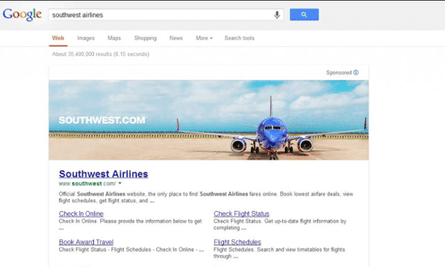
Yet writing in December 2005, the then head of search and user experience Marissa Mayer insisted that following a tieup to provide search for AOL, that besides never providing "biased" results, "There will be no banner ads on the Google homepage or web search results pages. There will not be crazy, flashy, graphical doodads flying and popping up all over the Google site. Ever."
Asked why Google had gone back on that clear promise, Google said in a statement that "We're currently running a very limited, US-only test, in which advertisers can include an image as part of the search ads that show in response to certain branded queries."
Google's decision to start showing banner ads is a repudiation of many of its founding principles. The company gained attention when it started in 1998 because its opening search page, and following results page, was uncluttered by adverts and other elements - and especially banner ads. In 2000 Google's founder Larry Page and Sergey Brin were offered $3m by Visa to display an ad for the credit card company on the site homepage - and turned it down, even though the site was losing money at the time.
Since then the front page has never been used to advertise anything - apart from Google products and Red Cross drives.
Google's move comes as the company, which depends on its AdWords product - shown beside searches - for around three-quarters of its gross revenues, has seen eroding prices in the amount advertisers are willing to pay for ads. It offset that by boosting the volume of ads, helping it to record revenues and profits. That then drove its share price above the $1,000 mark.
Google declined to say how long the test will run for, when it might be extended outside the US, or what the criteria for success - or failure - would be.
A spokesperson added that "Advertisers have long been able to add informative visual elements to their search ads, with features like Media Ads" - which adds video ads on Google search results page - Product Listing Ads" - which appear in Google's shopping results box - "and Image Extensions", which allows advertisers to put small images alongside "sponsored results", when they buy advertising space over search results.
Arguably Mayer's promise about "graphical doodads" was broken just over four years later, in January 2010, by the introduction of the first animated Google Doodle to celebrate Isaac Newton's birthday. That however was not an advertisement.
Google said that it won't be charging more for the banner ads - which take up large parts of the screen: "they are part of AdWords", its advertising scheme which normally puts text adverts in a box beside the "organic" search results, which are meant to represent the links' relevance to the user's query.
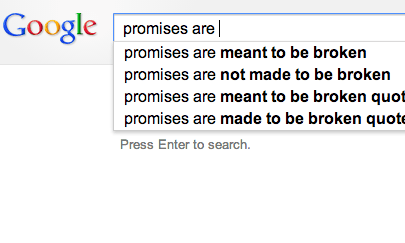
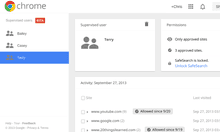
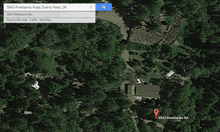
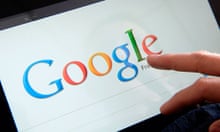
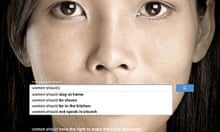

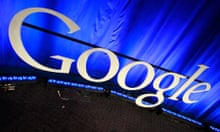
Comments (…)
Sign in or create your Guardian account to join the discussion